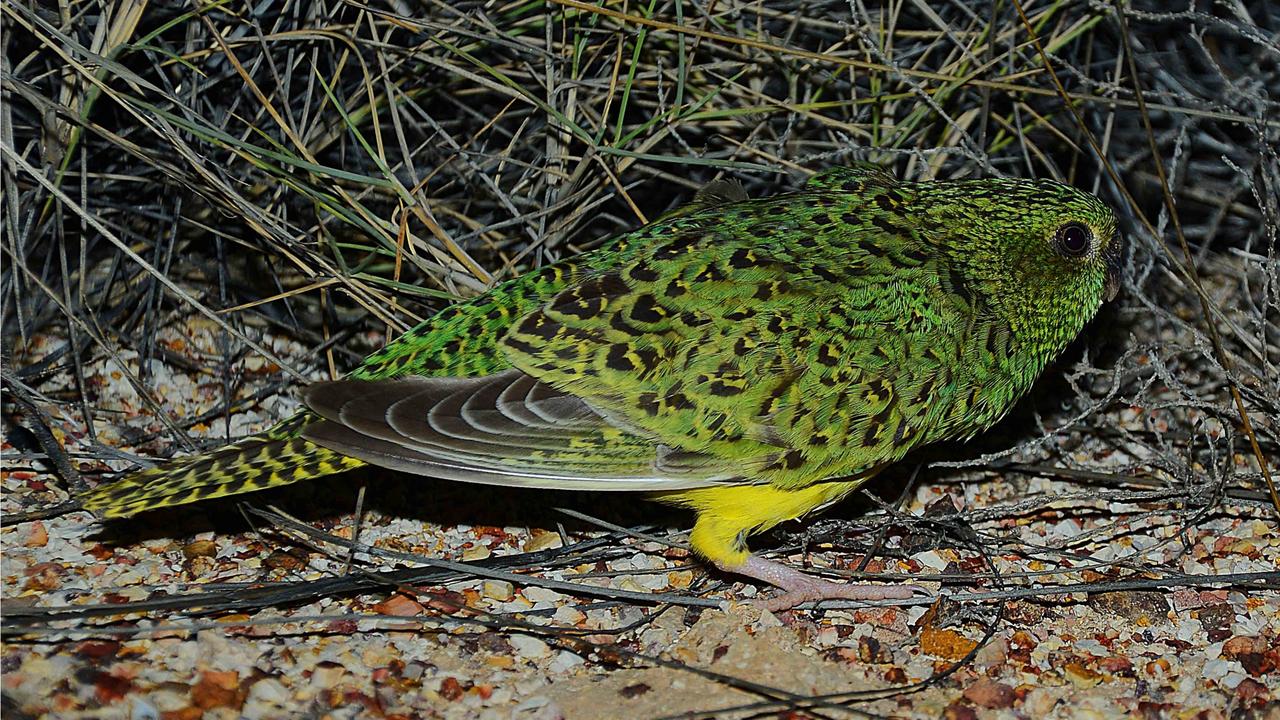Dolphin deaths attributed to virus found in climate-changed waters
Climate change is putting South Australia’s bottlenose dolphins at a greater risk of death, researchers say.

Climate change is putting bottlenose dolphins at greater risk of death from a measles-related virus, researchers at Flinders University found.
An investigation into the 2013 deaths of more than 50 dolphins in South Australian waters found the cause to be the highly contagious cetacean morbillivirus. The outbreak coincided with unusually high sea-surface temperatures.
Researchers said there was potential for a repeat if extended high temperatures persisted this summer.
“Extreme weather events are becoming more frequent with climate change, placing greater stress on individuals, populations and species that may not be able to adapt or cope with environmental changes,” associate professor Luciana Moller said.
“We wanted to find out if susceptibility to the virus was related to variation in the dolphins’ DNA.”
When comparing the DNA of dolphins that survived and those that did not, Ms Moller and PhD candidate Kimberley Batley identified genes — linked to stress, pain and immune responses — that made some dolphins more susceptible to cetacean morbillivirus.
“What really surprised us was that, as well as immune genes, we found variation between survivors and non-survivors within genes that activate stress-related proteins,” Ms Batley said. “Variation within these genes may have played an important role in responses to environmental stress.
“Using this information, we can now screen other dolphin and whale populations around the world, to identify populations at greater risk of succumbing to this deadly disease.”




To join the conversation, please log in. Don't have an account? Register
Join the conversation, you are commenting as Logout